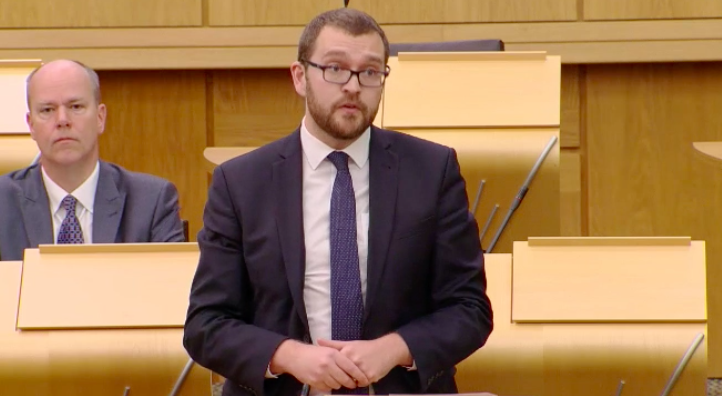
A cross-party parliamentary group has called on the Scottish Government to do more to provide access to mental health treatment and support.
One of the key findings of the 78-member group’s new report is that there is a lack of help for adults in Scotland who are dealing with mental health issues.
The report into the Scottish Government’s Mental Health Strategy found that there is emerging evidence of some positive outcomes in access to mental health treatment, including progress on perinatal support and new funding to bring mental health into multi-disciplinary teams.
Some new mental health initiatives have been established in response to the coronavirus outbreak, while pre-existing programmes have been expanded.
However, psychological therapies and counselling are not readily accessible for people with mental health problems, and people lack choice in the type of therapy they receive.
The group also reports that children and young people continue to be left without support and is concerned that the scale of investment in new services may not meet demand.
The report also found that people with mental health problems feel there is a lack of support for them to stay well, with most commitments on accessing adult services in the Mental Health Strategy focusing on crisis support or initial contact with mental health services.
Oliver Mundell MSP, Co-Convenor of the Cross-Party Group said: “When it comes to access to treatment, we are right to recognise the progress that has been made but we cannot do so without acknowledging that for many this still proves far more difficult than it should be.
“Demand is often too great, resources too few or patchy and, definitely from what we hear from the group, it is inconsistent across the country.”
The report found support for Scotland’s new Mental Health Assessment Centres developed as part of the response to coronavirus and the greater use of the digital service Near Me.
The group wants to see this type of service embedded into mental health support in the longer term, but acknowledged that technology can cause problems, hearing about appointments being cut short because data allowances ran out, and about people lacking privacy in their home to talk about their mental health as part of an online or phone appointment.
The group is urging that people be given a choice in how they receive support, with digital not being the default, and the report calls for people with mental health problems to receive targeted support from the Scotland Programme, which provide free digital resources, data and skills training.
The report notes that many people with mental health problems feel abandoned, having had their support withdrawn, with often limited attempts to reinstate support as lockdown eased and services began to remobilise. The group strongly felt that the onus to reinstate support that was in place before the outbreak of coronavirus should be on mental health services, and not on individuals.
The report also calls for an inclusive approach to communication in mental health services, so that people who are deaf or have other communication issues can receive support.
This report is the second in the group’s inquiry into progress with the Mental Health Strategy. The first report was published earlier this year and focused on prevention and early intervention. The group has written to the Minister for Mental Health with its recommendations

Enjoy the convenience of having The Sunday Post delivered as a digital ePaper straight to your smartphone, tablet or computer.
Subscribe for only £5.49 a month and enjoy all the benefits of the printed paper as a digital replica.
Subscribe © Scottish Parliament TV
© Scottish Parliament TV